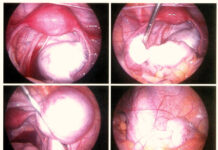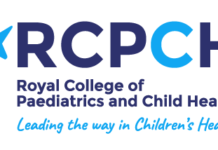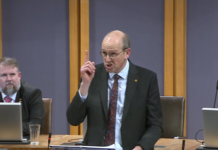New research by ACCA and the Adam Smith Business School of the University of Glasgow finds over half of organisations (53%) are not separately reporting any research and development (R&D) assets or expenses.
A large proportion of these organisations use R&D-related terms in their annual reports. The research concludes that there is substantial room for improvement in organisations’ R&D reporting.
Intangible assets like R&D are increasingly important in driving the future earnings of many organisations and an organisation’s narrative on R&D will affect stakeholders’ perception of its prospects. The research, Reporting of R&D: Disclosure without recognition, found a disconnect between disclosures in the narrative sections of annual reports and the financial statements, potentially confusing users.
Ioannis Tsalavoutas, Professor of Accounting, University of Glasgow, commented: “Annual reports containing a high volume of R&D-related terms despite not reporting any R&D expenditure separately, are sending mixed signals to users about the significance of R&D to the organisation. Disclosures indicating investment in R&D, but without appropriate detail can be confusing to stakeholders that are looking for information to help inform decisions.”
The report sets out several probable reasons for the ‘information gap’ and a number of recommendations for better reporting, targeted at the organisations undertaking R&D, the professional accountants servicing them and those charged with governance, along with auditors, standard setters, policymakers, and the users of annual reports.
Aaron Saw, ACCA Senior Subject Manager – Corporate Reporting, commented: “Improved R&D reporting should help users understand the significance of R&D to an organisation’s business model, and connect it to any material financial, social and/or environmental impact relevant to the organisation.”
Recommendations for standard setters and policymakers include a critical review and update of the definitions of intangibles and R&D in the relevant International Accounting Standard (IAS 38 Intangible Assets); a review of the requirements for recognition and measurement of intangibles and R&D; enhanced disclosure requirements and guidance on applying the definition; and the recognition and measurement requirements.
The report also recommends professional accountants review and identify activities that should be classified, and accounted for, as R&D; connecting non-financial information in the narratives with financial information in the financial statements; and providing the information that explains the significance of R&D to the organisation’s business model.
Recommendations for those charged with governance include a critical assessment of the application of materiality by management, to ensure that both the qualitative and quantitative aspects of materiality have been considered when preparing disclosures in the financial statements, along with a review of the relevance and connectivity of information in the narratives and financial statements.
Auditors are advised to assess the discovery of any activity that should be classified and accounted for as R&D for the risk of material misstatement and report the discovery to those charged with governance if it is a significant finding.
Lloyd Powell, head of ACCA Cymru/Wales, said: “If these proactive actions are taken by all parties, the overall quality of corporate reporting by organisations undertaking R&D can be significantly improved, providing information that’s so important to stakeholders and decision-makers.
“Government figures show that Welsh business R&D spending was around £1.1 billion in 2021. To gain the most from that spending for the Welsh economy businesses need to be clearer on how the money is being spent.”
Read the full report, summary report and recommendations here.
Help keep news FREE for our readers
Supporting your local community newspaper/online news outlet is crucial now more than ever. If you believe in independent journalism, then consider making a valuable contribution by making a one-time or monthly donation. We operate in rural areas where providing unbiased news can be challenging. Read More About Supporting The West Wales Chronicle
























